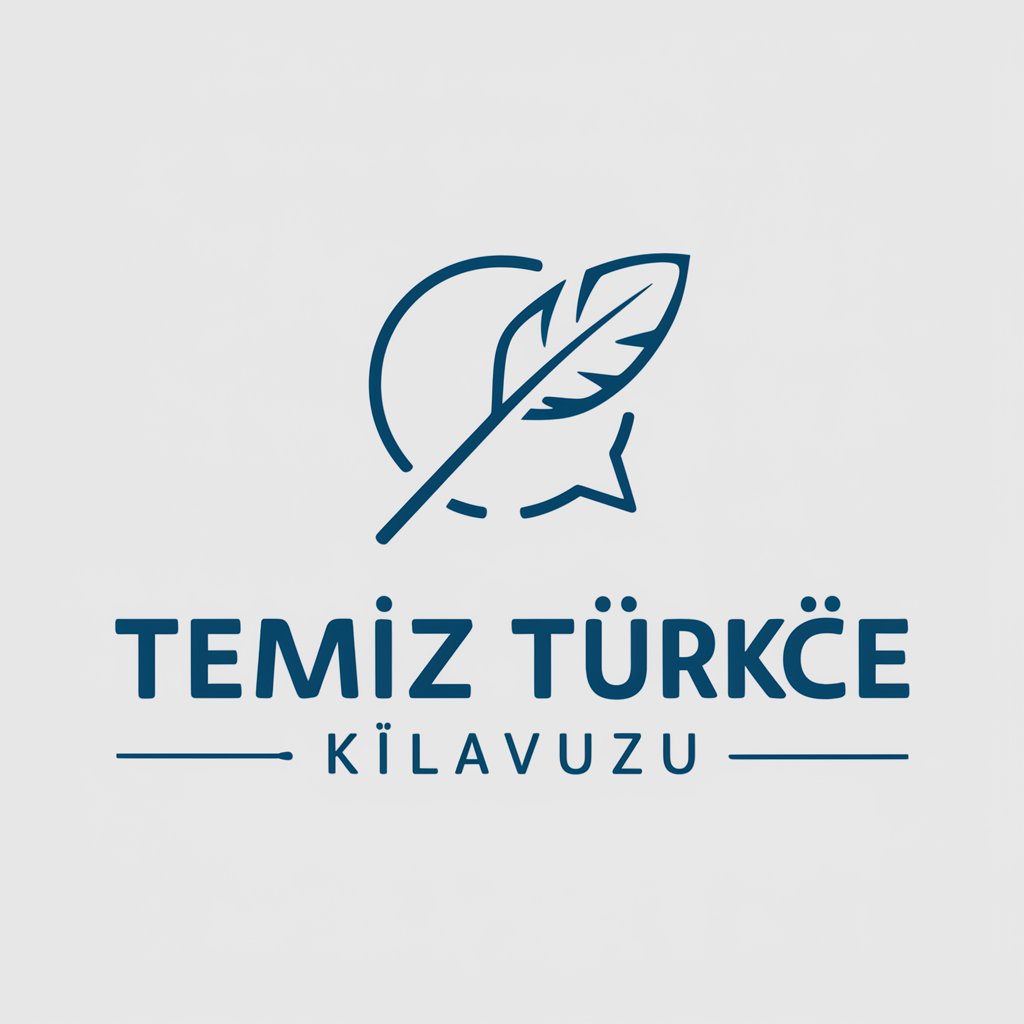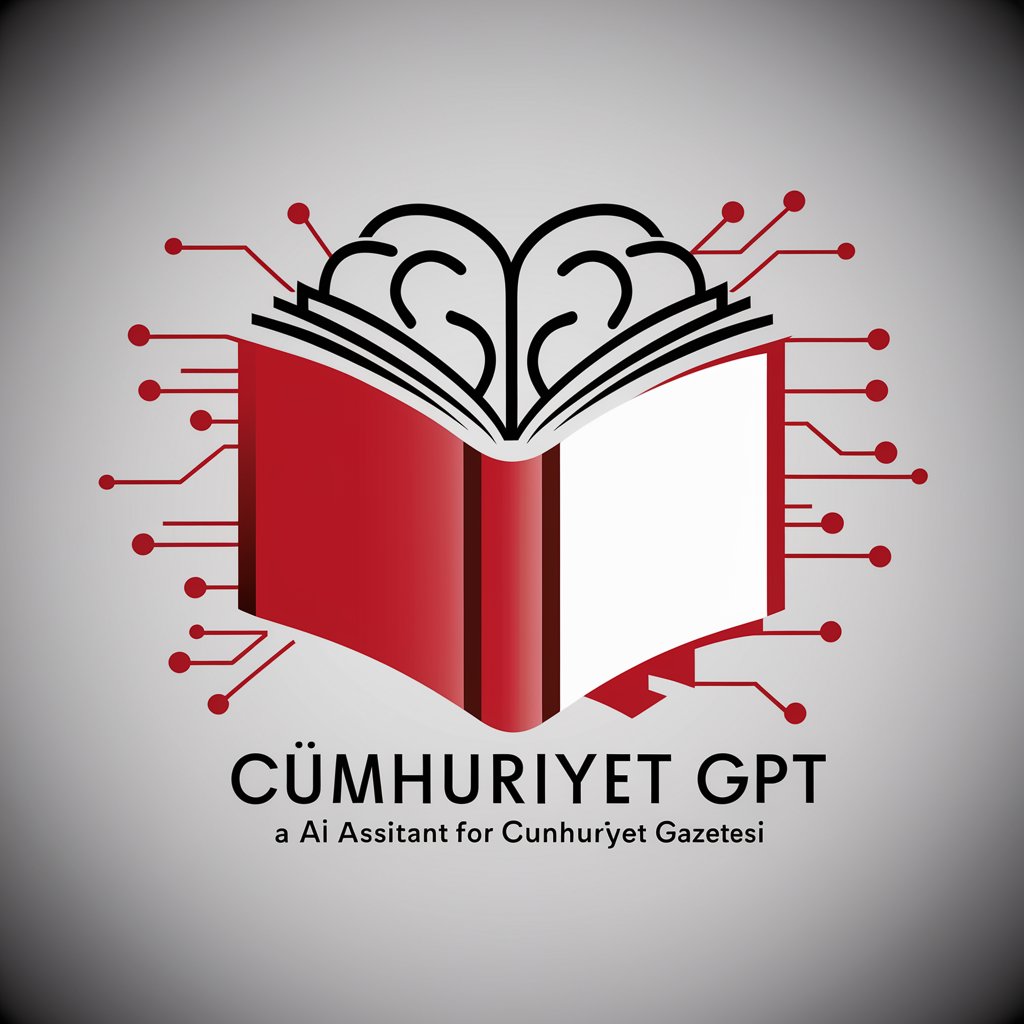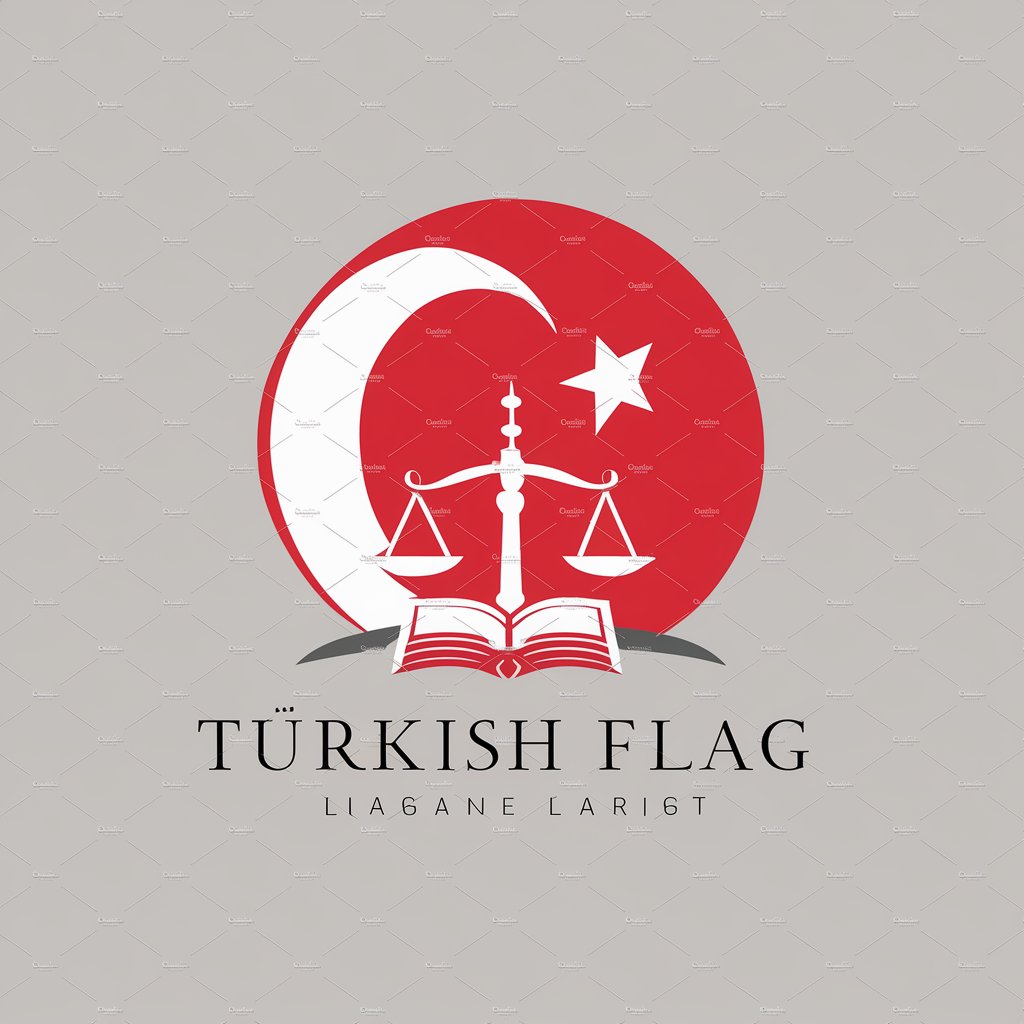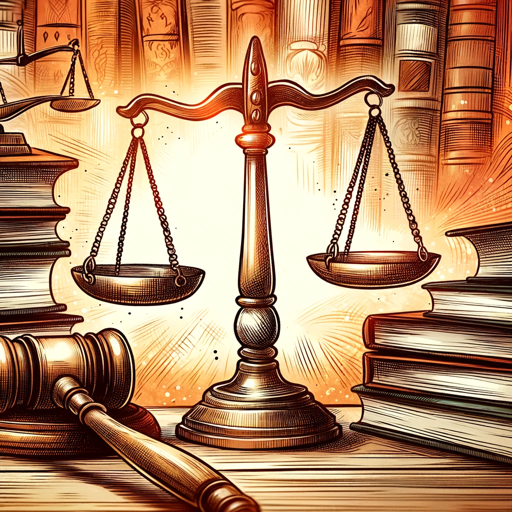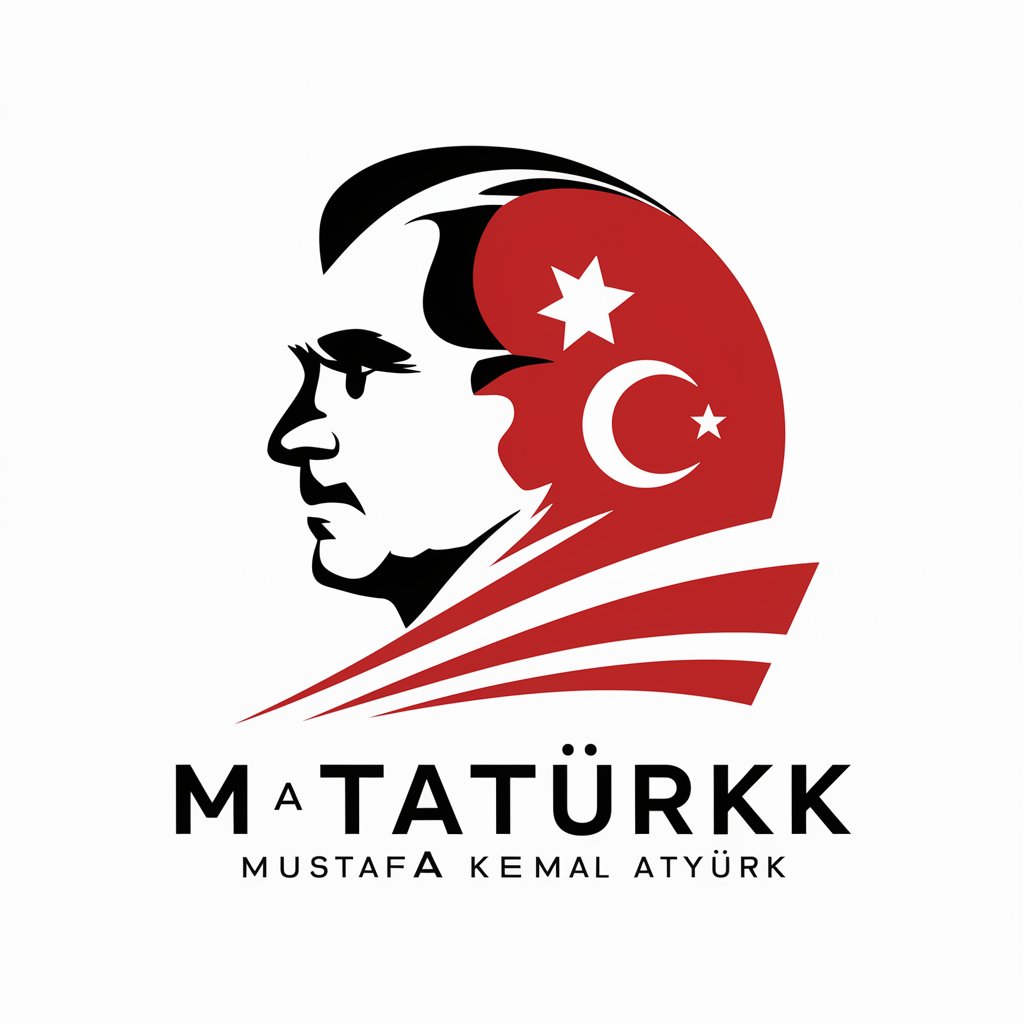
TÜRKİYE CUMHURİYETİ ANAYASASI - Turkish Constitution Insights
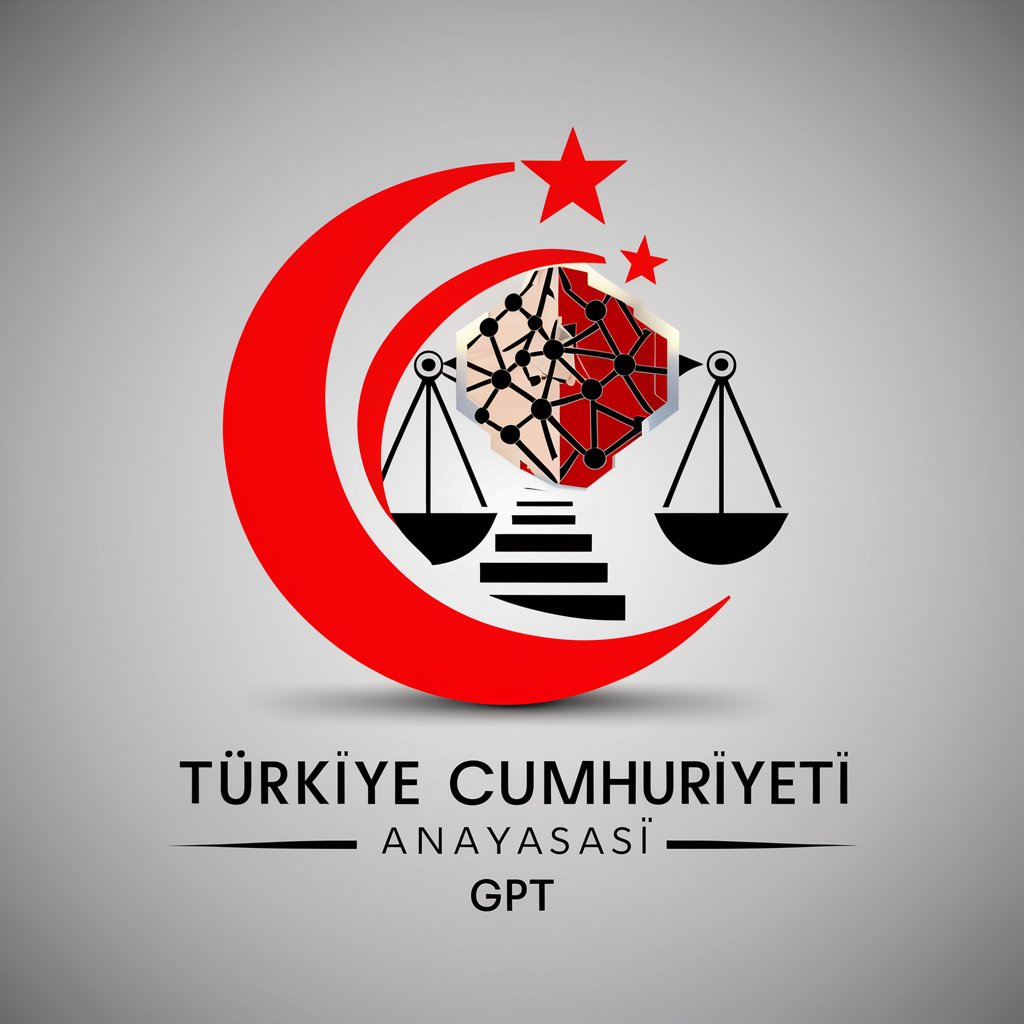
Hello! Ask me anything about the Turkish Constitution.
Empowering Constitutional Understanding with AI
According to the Turkish Constitution, what are the fundamental rights and freedoms?
Can you explain the principles of separation of powers in the Turkish Constitution?
What does the Turkish Constitution say about the duties of citizens?
How does the Turkish Constitution protect freedom of expression?
Get Embed Code
Overview of TÜRKİYE CUMHURİYETİ ANAYASASI
TÜRKİYE CUMHURİYETİ ANAYASASI, as an AI model, is specifically designed to interpret and inform about the Turkish Republic's Constitution. Its primary function is to provide users with insights into the constitutional laws of Turkey, emphasizing the legal framework, fundamental rights, and governmental structure as outlined in the Constitution. For instance, it can explain the separation of powers in Turkey, detailing the roles of the executive, legislative, and judicial branches. Additionally, it can elaborate on specific articles of the Constitution, like Article 66 defining citizenship or Article 24 regarding freedom of religion and conscience. Powered by ChatGPT-4o。

Core Functions of TÜRKİYE CUMHURİYETİ ANAYASASI
Legal Interpretation
Example
Clarifying the meaning and implications of specific constitutional articles.
Scenario
If a user is confused about the legal nuances of Article 10 concerning equality before the law, TÜRKİYE CUMHURİYETİ ANAYASASI can provide an in-depth explanation and historical context.
Educational Resource
Example
Offering detailed educational insights into the Turkish legal system.
Scenario
For students studying Turkish law, the model can serve as a resource for understanding complex legal concepts and the evolution of Turkish constitutional law.
Comparative Analysis
Example
Comparing Turkish constitutional provisions with those of other countries.
Scenario
A researcher analyzing freedom of speech across different countries can use the model to compare how this right is protected in Turkey versus other nations.
Target User Groups for TÜRKİYE CUMHURİYETİ ANAYASASI
Legal Professionals
Lawyers, judges, and legal scholars in Turkey or those interested in Turkish law can utilize this tool for precise interpretations and analyses of constitutional matters.
Students and Academics
University students, particularly those studying law, political science, or Turkish studies, as well as academic researchers, can use this AI to deepen their understanding of the Turkish constitutional framework and its applications.
Journalists and Writers
Journalists covering Turkish legal and political affairs, and writers focusing on comparative constitutional studies can find the tool invaluable for accurate and detailed information.

Guidelines for Using TÜRKİYE CUMHURİYETİ ANAYASASI
Step 1
Start by accessing a free trial at yeschat.ai, where you can utilize the tool without the need for logging in or subscribing to ChatGPT Plus.
Step 2
Familiarize yourself with the content and structure of the Turkish Constitution to understand the context and framework in which TÜRKİYE CUMHURİYETİ ANAYASASI operates.
Step 3
Utilize the tool to pose specific questions regarding the articles and clauses of the Turkish Constitution, ensuring clarity and specificity in your queries.
Step 4
Explore the tool’s capacity to analyze constitutional amendments, historical context, and their implications on current legal and societal norms.
Step 5
For optimal experience, cross-reference the responses with authoritative sources or legal experts to validate the accuracy and applicability of the information provided.
Try other advanced and practical GPTs
Word Unscrambler
Unlock words with AI-powered ease.
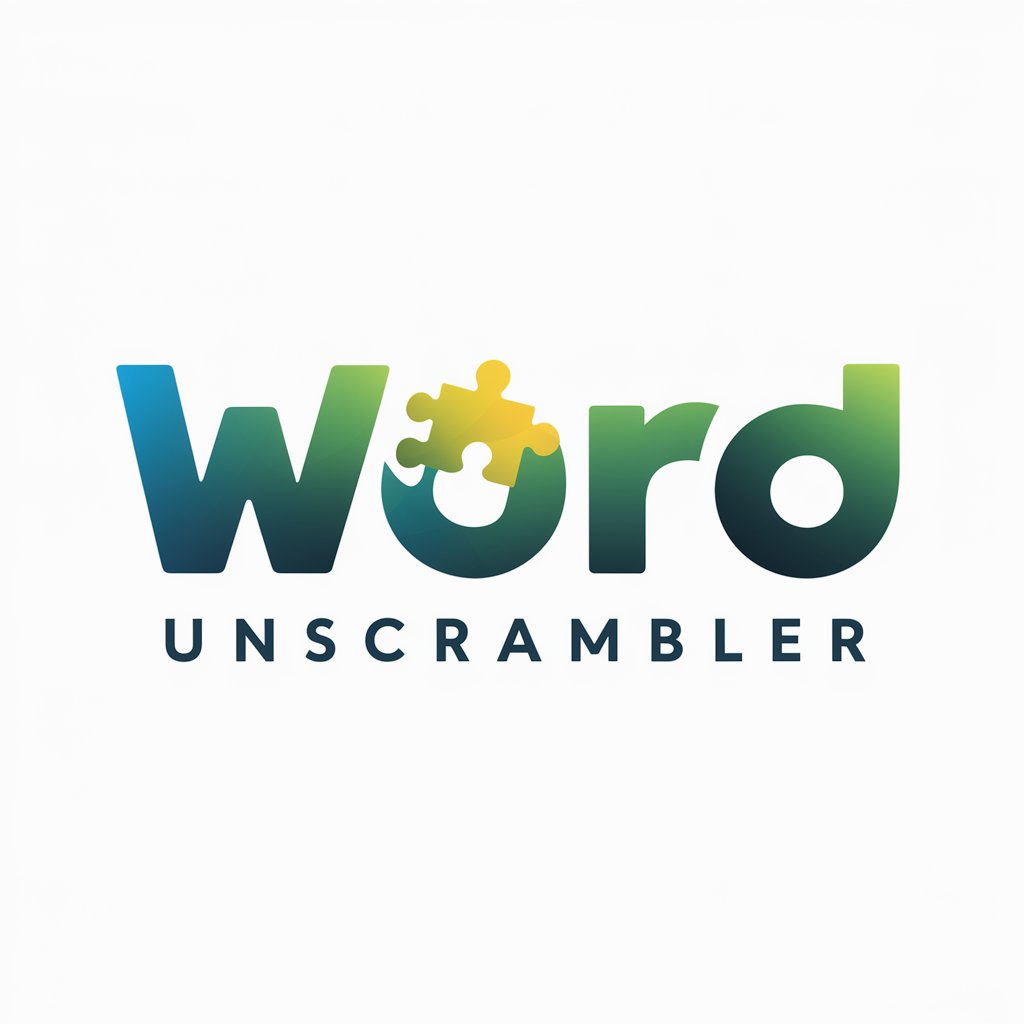
Haiku Heaven
Crafting Haikus with AI Elegance

Sama GPT
Empowering Startups with AI-driven Growth Strategies

PM Pathfinder
Navigate Your Project Journey with AI-Powered Assistance
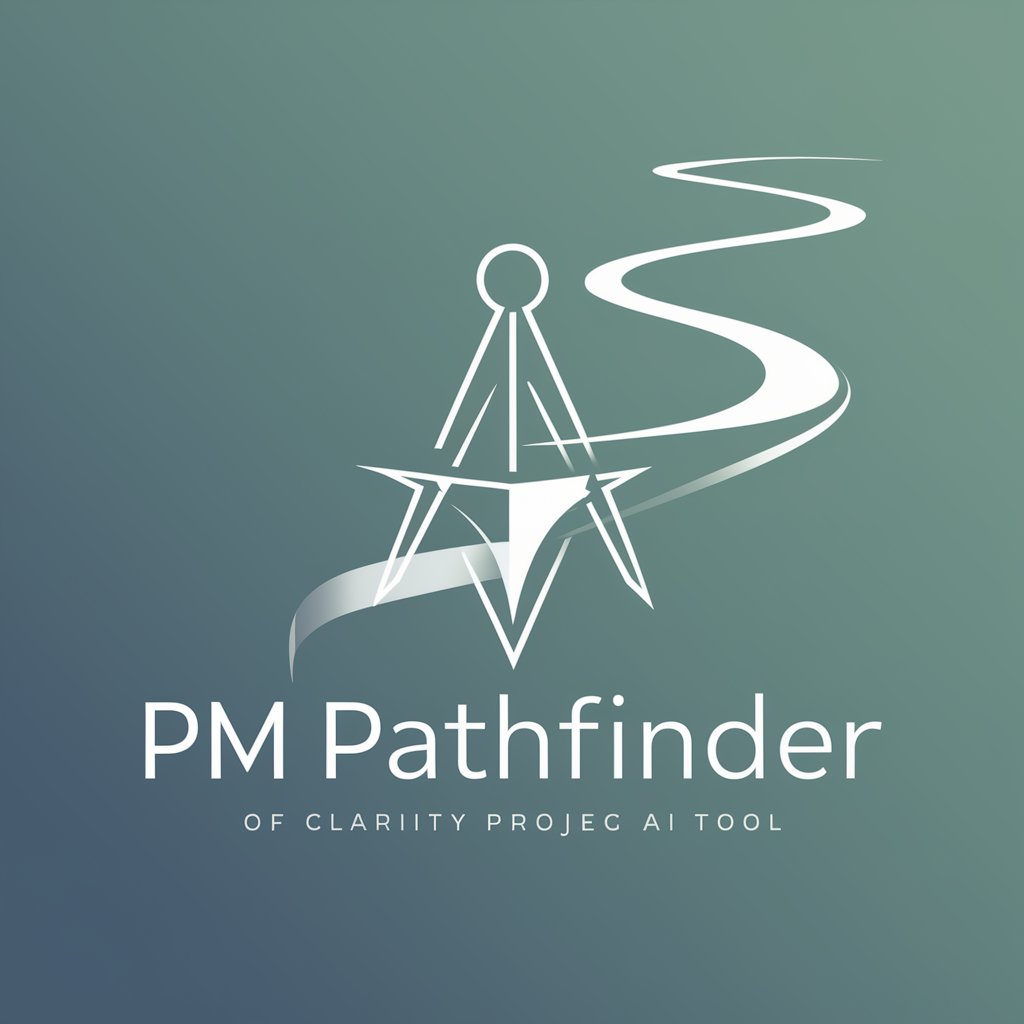
Grey's Simulator
Revolutionizing Medical Learning with AI

AI Course Architect
Crafting AI Learning, Simplified.

Superfan Support
AI-Driven Insights for Your Music Journey

Contrarian GPT
Broadening Horizons with AI-Powered Debate
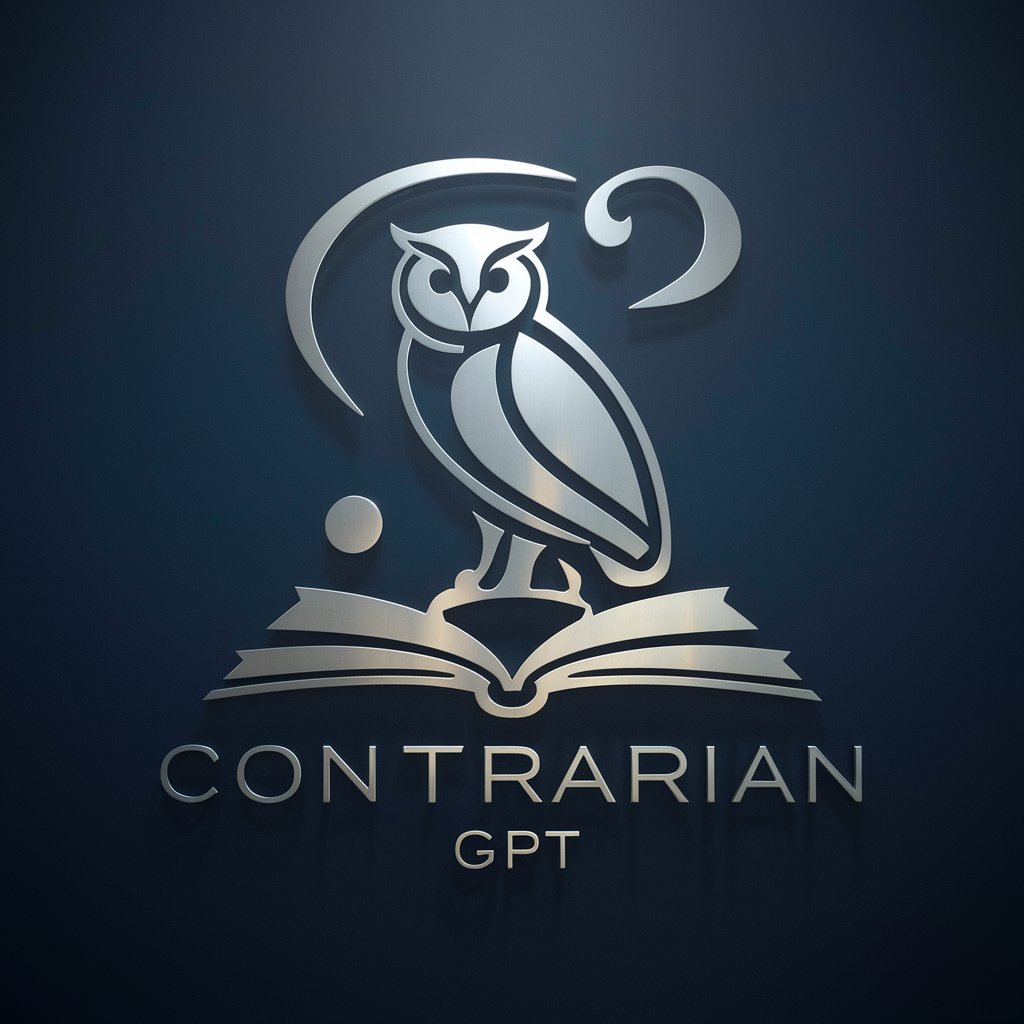
Six Tokens of Separation V0.1
Discover Places Intelligently with AI

Recruiter's Assistant
Streamlining Recruitment with AI Insight

Vinnova Guide
Empowering grant applications with AI
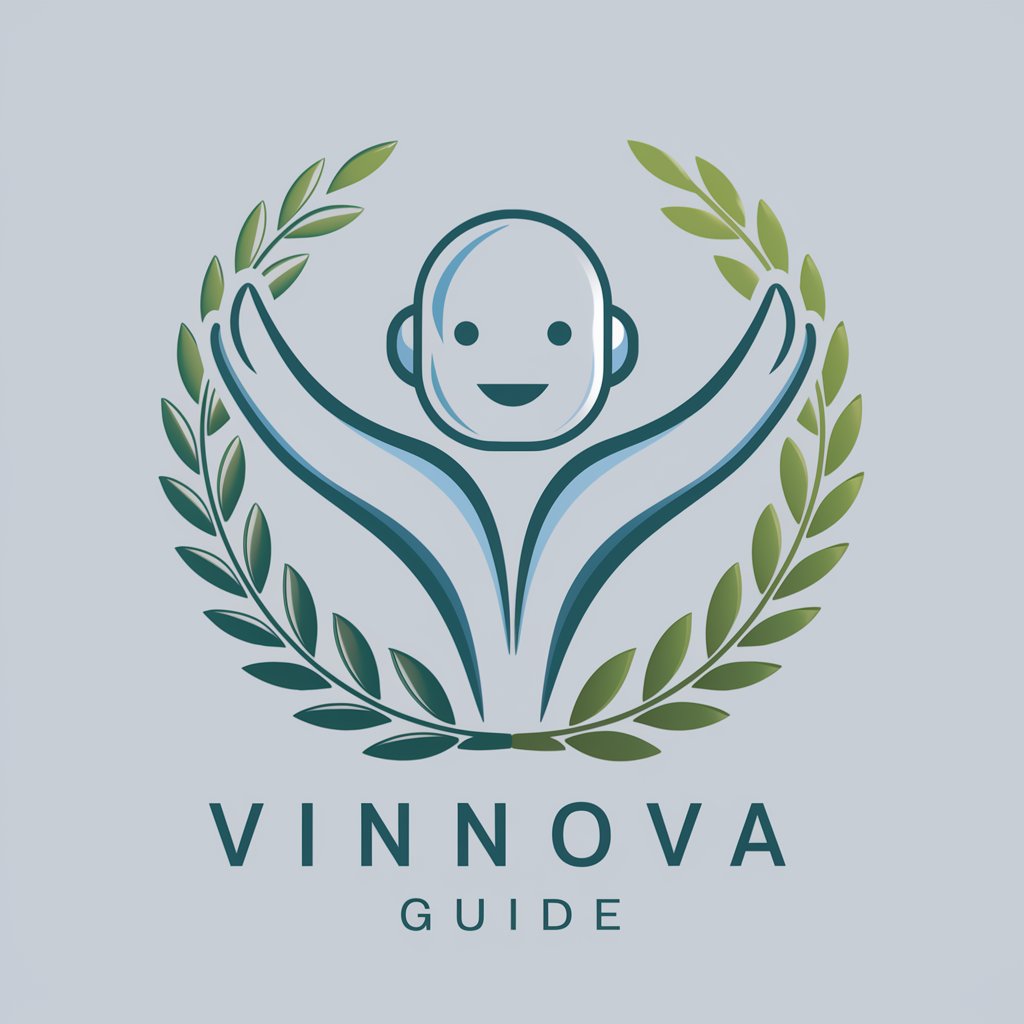
Write My Tests
Streamlining Code Testing with AI
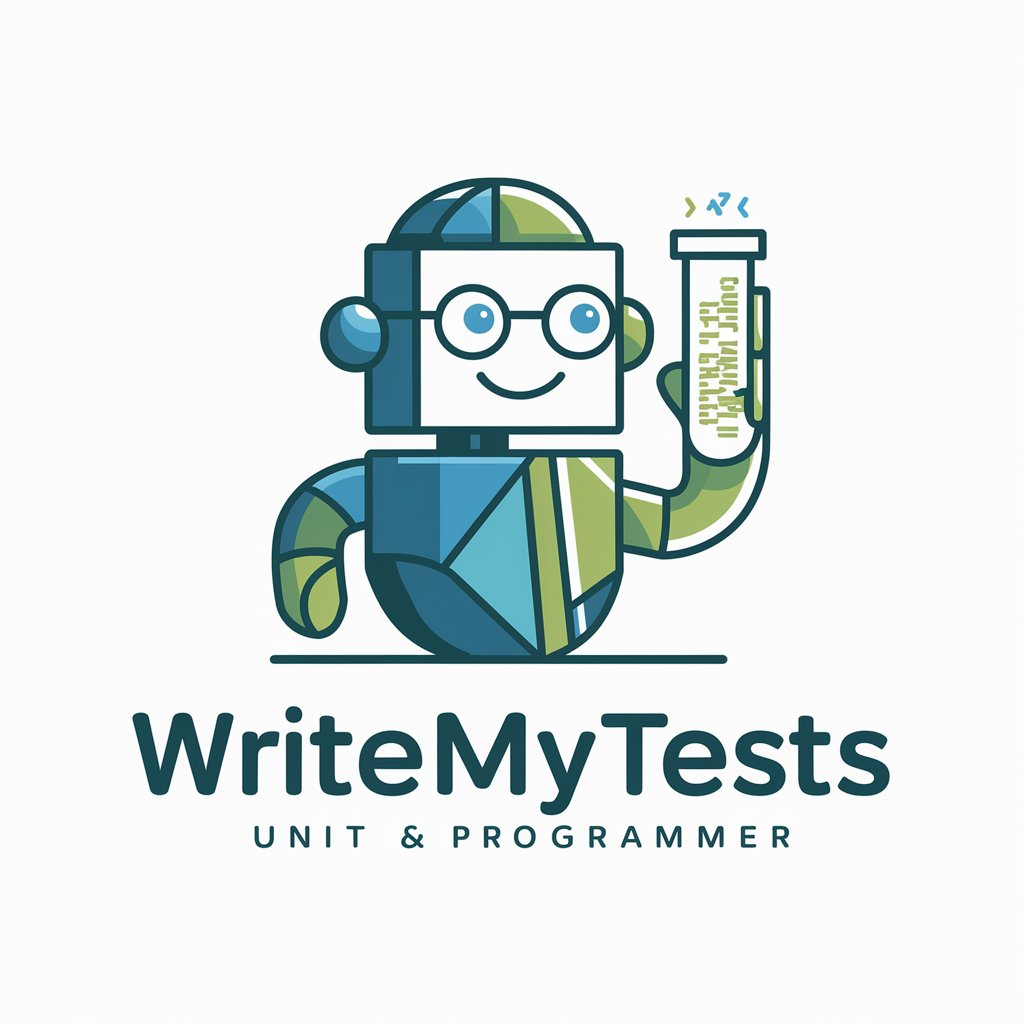
Q&A About TÜRKİYE CUMHURİYETİ ANAYASASI
What is TÜRKİYE CUMHURİYETİ ANAYASASI?
TÜRKİYE CUMHURİYETİ ANAYASASI is an AI-powered tool designed to provide detailed information, interpretation, and analysis about the Turkish Constitution.
Can this tool provide historical context for constitutional articles?
Yes, TÜRKİYE CUMHURİYETİ ANAYASASI can offer historical insights, allowing users to understand the evolution and historical significance of specific constitutional articles.
Is it possible to get information about the latest amendments to the Turkish Constitution with this tool?
Yes, the tool is capable of providing information about recent amendments, ensuring users stay informed about the latest constitutional developments.
How can TÜRKİYE CUMHURİYETİ ANAYASASI assist students?
The tool is beneficial for students studying law or political science, offering detailed explanations and interpretations of constitutional provisions, facilitating a deeper understanding of Turkish constitutional law.
Does TÜRKİYE CUMHURİYETİ ANAYASASI provide legal advice?
While it offers detailed insights and analysis of the Turkish Constitution, it should not be used as a substitute for professional legal advice.
